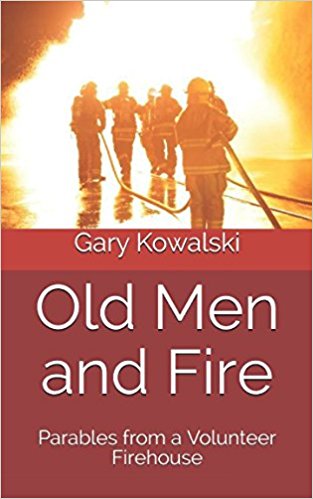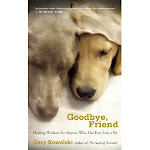In Yemen, Libya, Bahrain and Syria, police and army troops are shooting live ammo at peaceful demonstrators. Could it happen here?
Last May, a fresh analysis of the Kent State University shooting, where four students protesting the Vietnam War were gunned down by the Ohio National Guard in 1970, found the violence was no accident. Nor was it the result of nervous underlings acting against orders. Commands were issued. Reviewing old tapes, two audio experts working at the request of the Cleveland Plain Dealer removed extraneous noises from the recording. A voice yells “Guard,” and seconds later orders “Prepare to Fire!”
Just last month, a 71-year-old peaceful protestor was tackled and beaten for wordlessly turning his back on Secretary of State Hillary Clinton as she lectured an audience at George Washington University about supporting freedom of expression in the Arab world. Ray McGovern, a former CIA analyst, Army intelligence officer and current member of Veterans-for-Peace, was left bruised, bloodied and handcuffed after being hustled from the room for standing in silent protest. Charges of disorderly conduct against McGovern were later dropped.
Also last month, while tens of thousands of labor activists rallied outside the Wisconsin state capitol to protest laws that would deprive public employee unions of the right to strike, the Assistant Attorney General in neighboring Indiana sent out a tweet suggesting that riot police “use live ammunition” to clear away the demonstrators, whom he described as “political enemies” and “thugs.” Was the Assistant Attorney General just joking or using over the top language? Called by a reporter from Mother Jones to clarify his remarks, the official responsible for upholding the state’s laws proclaimed “You’re damned right I advocate deadly force.”
The U.S. Army Field Manual on Civil Disturbance Operations states that “gatherings in protest are recognized rights of any person or group, regarding of where U.S. forces may be operating. This fundamental right is protected under the Constitution of the US.” The manual goes on to caution, however, that seemingly peaceful protestors may be unwitting stooges for terrorists, anarchists or other provocateurs who must be met with deadly force if needed. So the manual advises that “non-lethal shooters must have the means to transition to lethal rounds, if required … There is no such thing as a non-lethal mission.”
No, I’m not comparing our country to Libya or Syria. But we would be foolish to think it couldn’t happen here. Against live ammo, the First Amendment is a defenseless piece of paper. The only thing that keeps our country from turning into an armed camp or police state is the people’s determination to speak out wherever tyranny arises—especially when it’s in our own backyard.











